Windows 10 cannot save Windows Phone, says IDC
Microsoft’s mobile set for more decline as smartphone market enters single-digit growth

Windows Phone will never capture a big portion of the smartphone market despite Microsoft's best efforts, according to research house IDC.
Redmond's mobile devices have garnered the company just 2.2 per cent market share this year, the analyst group claimed, and that stake will shrink by 10 per cent by the end of the year.
Windows 10 will not help Microsoft's plight either said IDC's Worldwide Quarterly Mobile Phone Tracker report looking at the full calendar year, released last week.
"Despite all the effort Microsoft has put into the launch of Windows 10, IDC does not expect Microsoft's share of the smartphone OS market to grow much over the coming years," it read.
Further declines will come in 2016, and by 2019, Windows Phone's share of the market will have grown just 0.1 per cent over four years to 2.3 per cent, the analyst house predicted.
It blamed Microsoft's mobile woes on a lack of OEM partner support, with not enough manufacturers wanting to run Windows Phone on their devices, as well as the failure of Redmond's strategy to target the low-end of the market.
Windows Phones' average selling price is pegged at $148 for 2015, $48 cheaper than Android, as a result of Microsoft's decision to buy Nokia to target budget mobiles.
Get the ITPro daily newsletter
Sign up today and you will receive a free copy of our Future Focus 2025 report - the leading guidance on AI, cybersecurity and other IT challenges as per 700+ senior executives
After initial success driving shipments to 35 million units in 2014, sales will fall dramatically over the next couple of years, despite predicted shipments of 43.6 million by 2019.
Windows Phone's problems stand in stark contrast to Android, which has an 81 per cent share of the market in 2015, up to 82.6 per cent in 2019 under IDC's report.
Smartphones sporting Google's operating system shipped 1.16 billion units in 2015, with IDC predicting a rise to 1.5 billion units in 2019.
IDC wrote: "The proliferation of the core Android platform will continue with huge efforts being put forth by companies like Cyanogen and Xiaomi to differentiate themselves from their competitors.
"Given its global footprint and application/services ecosystem, IDC fully expects some form of Android to hold a dominant share of the smartphone OS space for the foreseeable future.
Apple's iOS held a 15.8 per cent share of the market in 2015, shipping 226 million units, a year-on-year growth of 17 per cent largely thanks to sales of the iPhone 6s and 6s Plus.
However, the platform will lose ground by 2019, dropping 1.7 per cent to hold a 14.1 per cent stake.
The report read: "The possible challenge in two to three years' time could quite possibly be excess inventory in the developing markets that refurbished iPhones are sold into."
Overall, the smartphone market fell into single-digit growth for the first time in 2015, down to 9.8 per cent growth from 27.5 per cent growth in 2014.
Reasons for the decline include one of the main markets, China, reaching saturation point and turning into a replacement market, where consumers only buy a smartphone when their current one breaks or comes to the end of its contract.
Ryan Reith, programme director with IDC's Worldwide Quarterly Mobile Phone Tracker, said: "The main driver has been and will continue to be the success of low-cost smartphones in emerging markets. This, in turn, will depend on capturing value-oriented first-time smartphone buyers as well as replacement buyers.
"Replacement cycles will be less than the typical two-year rate, mainly because the components that comprise a sub-$100 smartphone simply do not have the ability to survive two years.
"Offering products that appeal to both types of buyers at a suitable price point will be crucial to maintaining growth and vendor success."
IDC's Mobile Phones research manager, Anthony Scarsella, said vendors will push device financing and trade-in options in developed markets in order to fuel growth.
-
 Global cybersecurity spending is set to rise 12% in 2025 – here are the industries ramping up investment
Global cybersecurity spending is set to rise 12% in 2025 – here are the industries ramping up investmentNews Global cybersecurity spending is expected to surge this year, fueled by escalating state-sponsored threats and the rise of generative AI, according to new analysis from IDC.
By Ross Kelly Published
-
 Google Cloud is leaning on all its strengths to support enterprise AI
Google Cloud is leaning on all its strengths to support enterprise AIAnalysis Google Cloud made a big statement at its annual conference last week, staking its claim as the go-to provider for enterprise AI adoption.
By Rory Bathgate Published
-
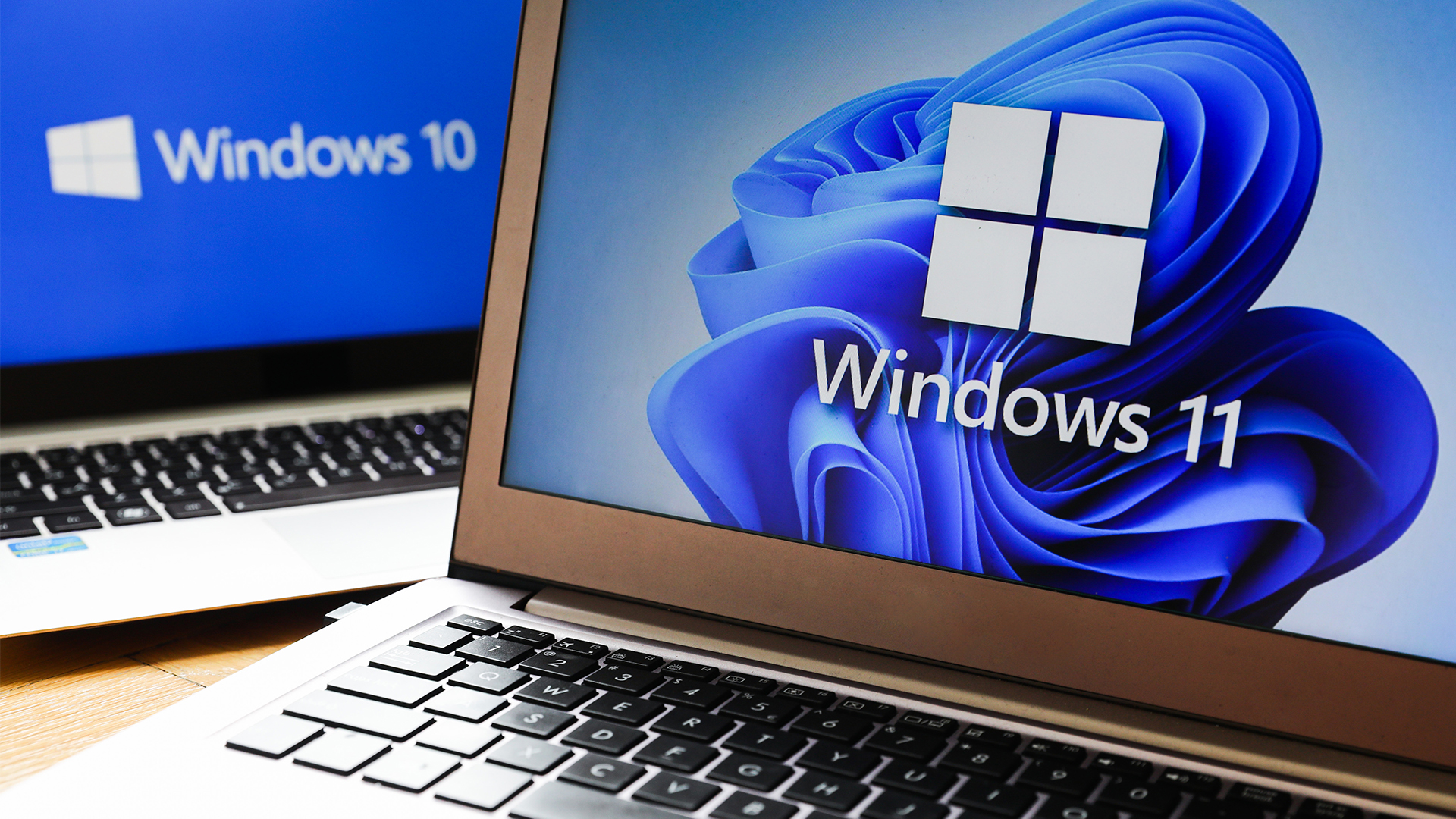 Microsoft refuses to back down on Windows 11 hardware requirements
Microsoft refuses to back down on Windows 11 hardware requirementsNews The tech giant says it'll keep hardware specifications for Windows 11
By Nicole Kobie Published
-
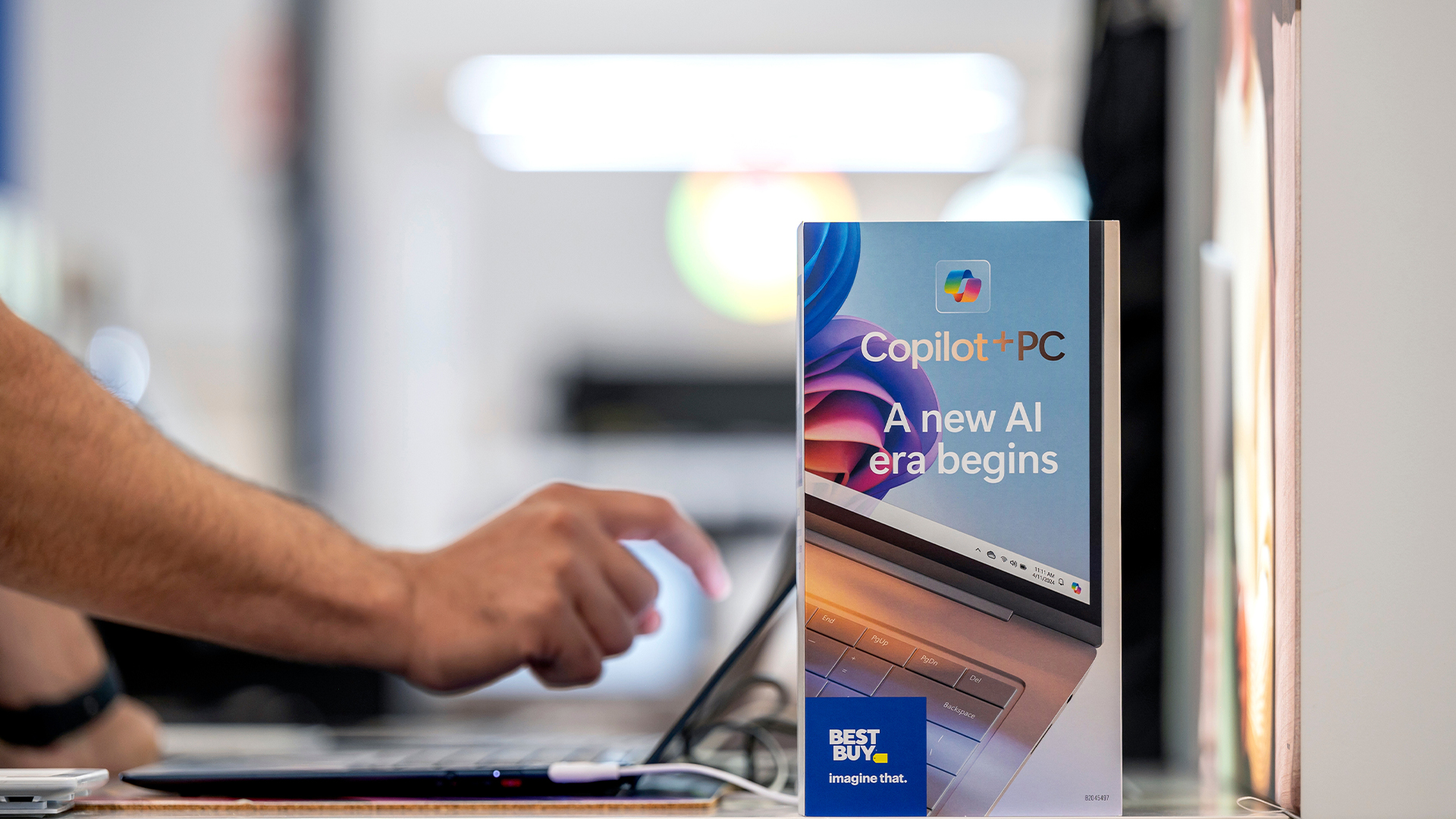 Why the world is about to be swamped with AI PCs
Why the world is about to be swamped with AI PCsNews With adoption rates set to surge, AI PCs will become far more mainstream in years to come
By Nicole Kobie Published
-
 Enterprise sustainability efforts mean pre-used hardware could be the key to reducing e-waste
Enterprise sustainability efforts mean pre-used hardware could be the key to reducing e-wasteNews While IT leaders want to see more second-hand device options, manufacturer practices could prevent widespread adoption over the next decade
By Ross Kelly Published
-
 Windows admins complain of Dell “bloatware” filling 95% of hard drives
Windows admins complain of Dell “bloatware” filling 95% of hard drivesNews Dell SupportAssist Remediation was blamed for disk allocation issues
By Rory Bathgate Published
-
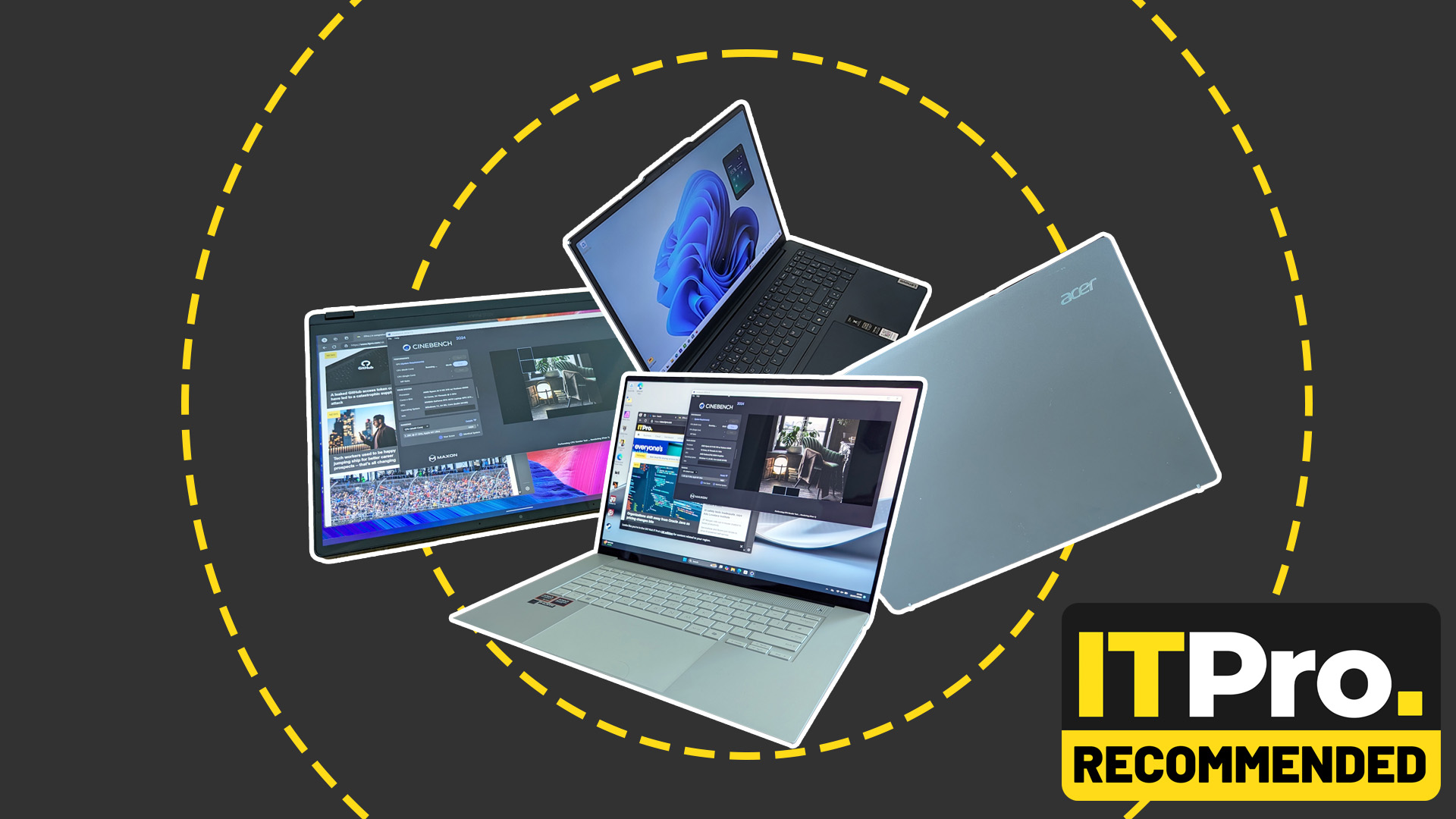 Best business laptops: Top business notebooks from Apple, Asus, Dell, and more
Best business laptops: Top business notebooks from Apple, Asus, Dell, and moreBest Looking for the best business laptops? Here’s our pick of the best machines around
By Alun Taylor Last updated
-
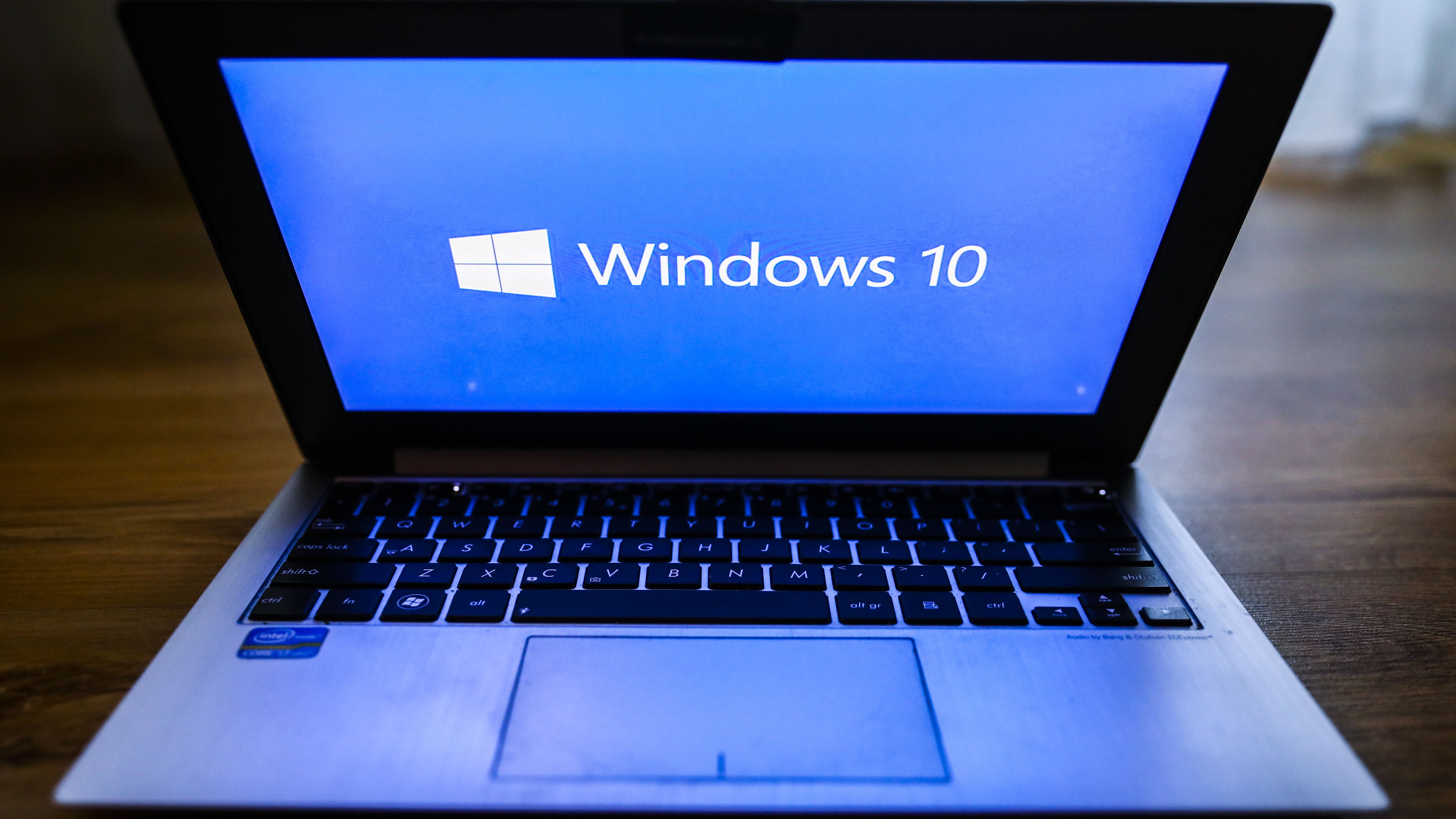 How to move Windows 10 from HDD to SSD
How to move Windows 10 from HDD to SSDTutorials Moving Windows 10 from an HDD to an SSD is one of the best ways to revive a sluggish system. Here are six simple steps to follow
By Clare Hopping Last updated
-
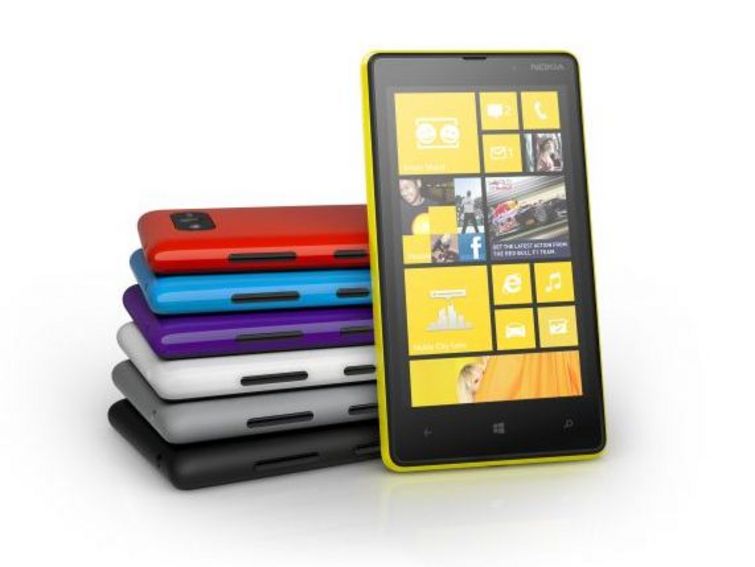 Best Windows Phone apps for 2018
Best Windows Phone apps for 2018Best We list the important Windows Phone apps to help you choose what to download
By Rene Millman Published
-
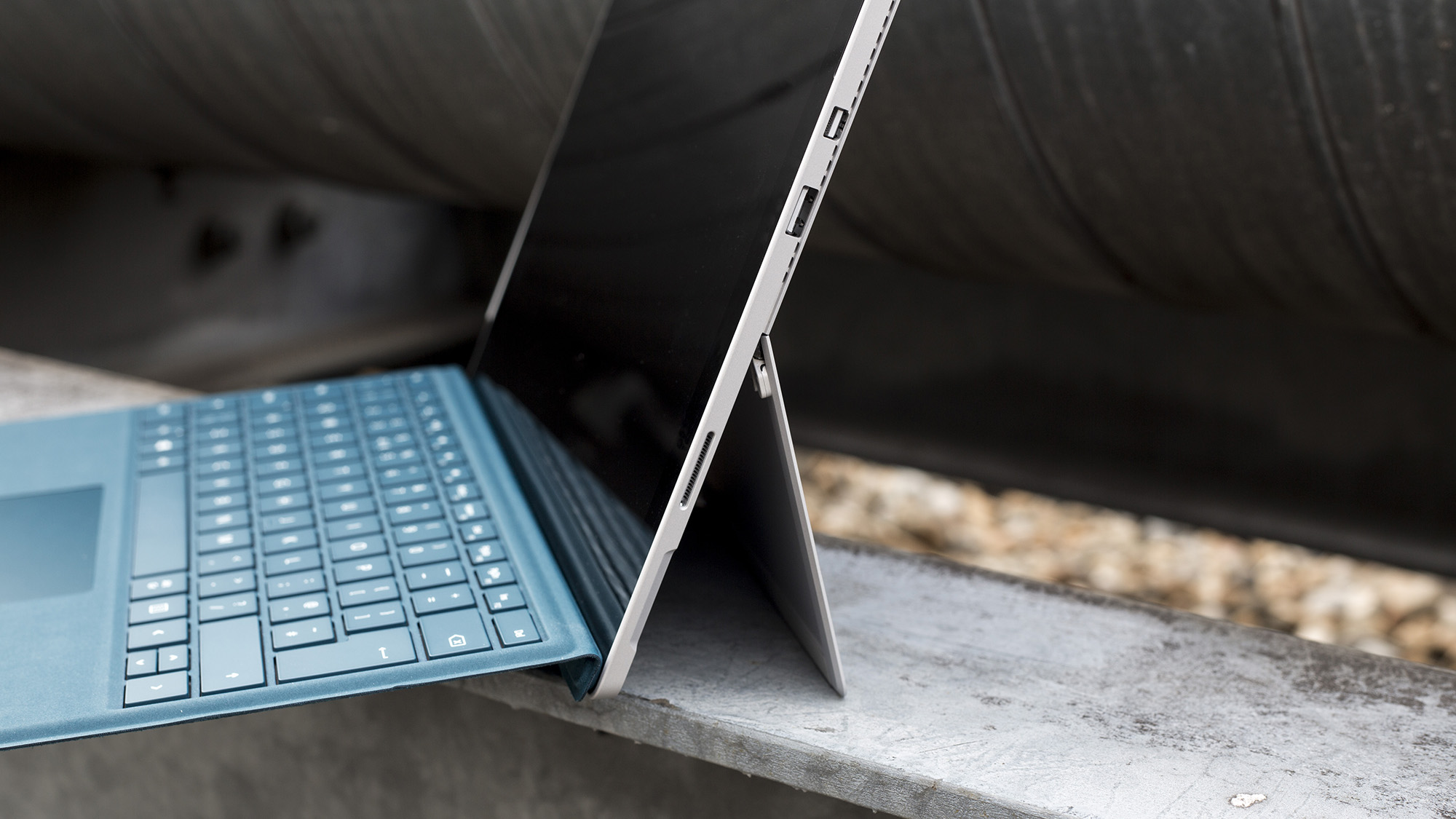 Microsoft Surface Pro 4 review
Microsoft Surface Pro 4 reviewReviews Redmond’s laptop-tablet hybrid edges closer to perfection, but problems remain
By Adam Shepherd Published